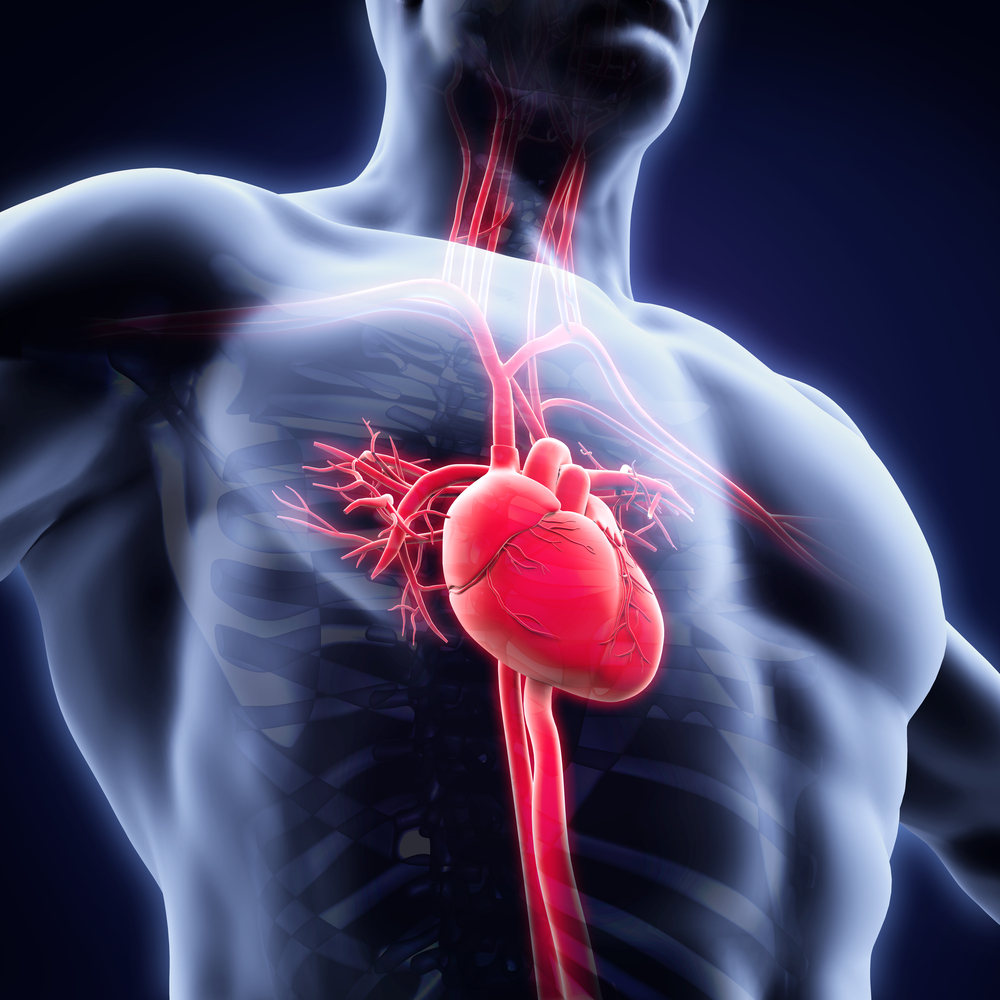Inflammation of Heart Muscle in Sarcoidosis Negatively Affects Coronary Circulation
Written by |

Inflammation of the heart muscle caused by sarcoidosis is associated with abnormal circulation in the arteries surrounding and supplying blood to the heart, according to a study published in the Journal of the American College of Cardiology: Cardiovascular Imaging.
The study, “Myocardial Blood Flow and Inflammatory Cardiac Sarcoidosis,” shows the direct negative effect of inflammation on coronary circulation in sarcoidosis patients, and underscores the fact that drugs that suppress the immune system and reduce inflammation of the heart muscle increase the widening capacity of the blood vessels of the heart.
In order to assess the effects of sarcoidosis on coronary circulation and how the body responds to drugs that suppress the immune system, a team of researchers led by Dr. Thomas Schindler at Johns Hopkins University in Baltimore analyzed 32 patients with known or suspected cardiac sarcoidosis. All patients were referred for positron emission tomography/computed tomography (PET/CT) scans. The scans were repeated in 18 patients with an average follow-up of 2.5 years.
According to the researchers, 25 PET scans showed a normal perfusion (or blood delivery by capillaries to surrounding tissues), but had evidence of regional inflammation (group 1), while 21 scans showed deficits in regional perfusion in addition to inflammation (group 2).
Under rest conditions, blood flow to the heart muscle was not different between inflamed or non-inflamed regions of the heart muscle for either group. However, when the researchers used a drug that dilates the blood vessels, mimicking the effects of physical exercise, they found that blood flow to the heart was significantly lower in inflamed compared to non-inflamed regions of the heart for both groups.
Importantly, the researchers found that in patients who responded to treatment with immunosuppressive drugs that decrease inflammation, the flow reserve of the heart (the maximum increase in blood flow through the coronary arteries above the resting value, for instance after exercise) was preserved at follow-up. But in patients who did not respond to treatment and showed no difference or increased inflammation, the flow reserve had significantly worsened.
The researchers therefore concluded that the heart muscle inflammation seen in sarcoidosis patients can cause regional abnormalities in coronary circulation.
Inflammation of the heart muscle measured by PET is increasingly used to diagnose cardiac sarcoidosis. However, its effect on blood flow in coronary arteries and the effect of immune-suppressive treatment had not been characterized before.





